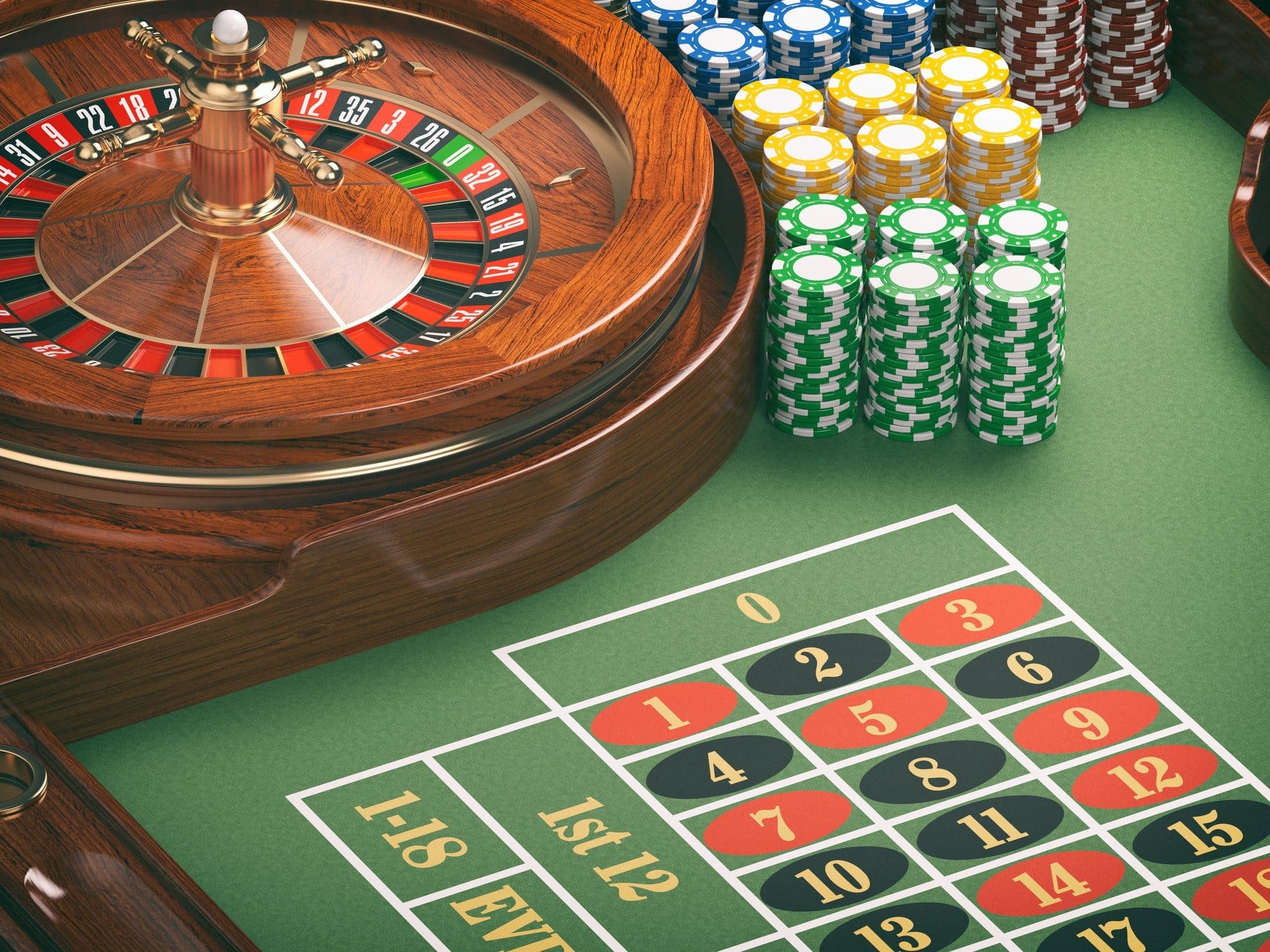
Casino games have long been a significant aspect of human culture, delivering not just entertainment but a intriguing reflection of our dreams, wishes, and anxieties. From the spinning reels of a slot machine to the skill-based strategies of poker, these games encapsulate a range of human emotions and events. At their core, casino games are not just a chance to make profits; they are a reflection of life itself, where risk and reward converge and luck can change in an eye blink.
As players assemble around tables or sit in front of vibrantly illuminated machines, they engage in a ceremony that transcends mere gambling. These games reflect our instinctive desires for connection, excitement, and the search for fortune. They also reveal deeper truths about human psychology, such as our relationship with chance and the thrill of uncertainty. In exploring casino games, we reveal not only the rules of play but also the intricate pattern of the human journey, showcasing our intertwining narratives of goal and reality.
The Psychology of Gambling
Gambling is deeply rooted in human psychology, tapping into various emotions and wants. The thrill of risk-taking is a core aspect that attracts participants, be it the thrill of spinning a roulette wheel or the excitement of drawing a winning hand in poker. This adrenaline is often compared to other forms of thrill, as the uncertainty of outcomes triggers a distinct psychological response. Players often find themselves entranced by the chance of striking it rich, leading to an almost magnetic draw toward gambling games.
Additionally, a crucial component of the psychology behind gambling is the concept of hope and aspiration. Players often indulge in dreams of financial freedom and the luxurious lifestyle that can accompany winning. This optimism fuels their ongoing participation in casino games, as it provides a sense of meaning and the belief that a transformative win could be just one bet away. The story of beating the odds and finding success resonates with many, reinforcing their dedication to play and engage with these games.
Lastly, social dynamics play a crucial role in gambling psychology. Casino environments are designed to foster social interaction, where gamblers gather to share the experience of wins and losses. This communal aspect not only enhances enjoyment but also affects behavior, as individuals often mimic the actions of others in their vicinity. The social validation found in mutual thrill can enhance the emotional experience, making casino games a mirror of not just personal desires but also collective engagement within the gaming community.
### Risk and Reward: A Double-Edged Sword
Gambling games embody the delicate balance between risk and gain that resonates profoundly with human psychology. The rush of placing a bet is often accompanied by a jolt of energy, as participants are confronted with the chance of a huge payout, yet conscious of the possibility to lose. This dual experience reflects a essential aspect of life: the paths we choose often come with inherent risks, and the quest for benefit can compel us to make risky moves we might not typically consider. In this way, gambling activities mirror real-world choices, enticing players to risk not just their funds, but also their dreams.
The allure of big prizes and winnings fuels a sense of optimism, inspiring gamblers to dream of a more promising future that could arise from a lucky spin of the wheel or flip of a card. This positive outlook can compel individuals to engage in riskier behaviors, urging them to take greater risks in search of financial gain. However, just as in life, the consequences of these risks can lead to both triumph and despair. The narratives of both big winners and those who have faced losses everything at the tables demonstrate the random nature of chance and its impactful effect on our futures.
Ultimately, the interaction of engaging with gambling activities serves as a potent reminder of the nature of humanity. Every game played is loaded with the tension of risk, as gamblers weigh the rewards against the dangers. This dynamic not only highlights the excitement that comes with betting but also exposes the weaknesses that come with the longing for more. As we journey through the challenges of decision-making and results in both the gambling world and in life, we find that the pursuit of risk and reward shapes our sense of self and experiences in significant manners.
Culture and Loneliness in Casino Environment
Gambling culture is a distinct mix of communal engagement and personal pursuit, reflecting the dualities of human experience. Gamblers often come together around games, experiencing in the excitement of the game, rejoicing in wins, and sympathizing over losses. vb88 com This communal aspect is crucial, as it creates a sense of community and bonding among diverse groups of people. Regular visitors to casinos may build friendships and develop routines, turning the gambling venue into a alternative home where they feel connected to a larger community of gamblers.
However, the attraction of gambling games can also result to loneliness. As individuals become immersed in the excitement of playing, they may isolate from personal connections or fail to interact with the world outside the casino. For some, the pursuit of a windfall can overshadow genuine connections, leading to loneliness. The experience of being surrounded others yet feeling solitary is not uncommon, as the attention shifts from shared enjoyment to the private concerns of each individual’s journey.
This interplay of society and solitude creates a rich tapestry that defines casino atmosphere. It showcases the intricacy of human interactions, where joy and sorrow coexist. Gambling venues serve as both a sanctuary for social engagement and a platform for individual struggles, illustrating how intimately entwined our desire for companionship and the personal quest for wealth can be. In navigating this landscape, players confront their own narratives—seeking both the rush of the wager and the fellowship of fellow gamblers, eventually mirroring the broader spectrum of human experience.